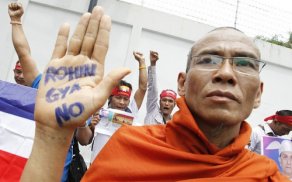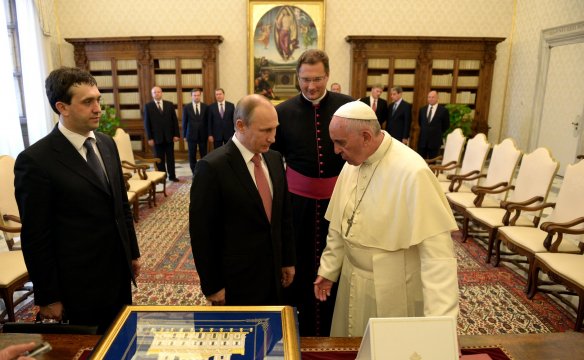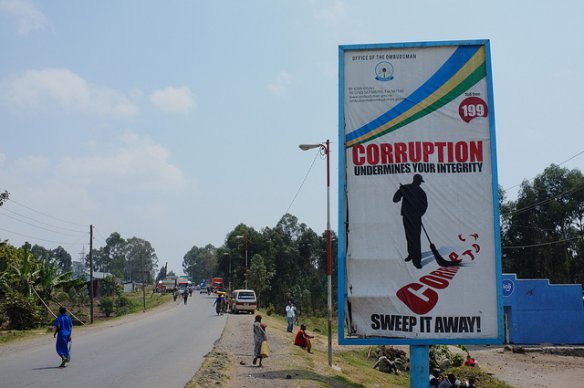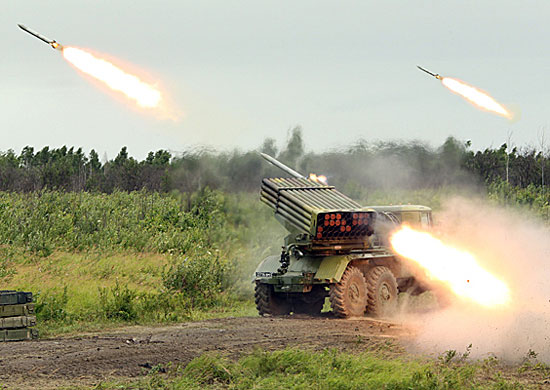The film The Lord of War and high profile trial of Victor Bout helped to seal in the public imagination the image of an illicit arms trafficker as being someone who smuggled planeloads of Kalashnikovs around the world and into war zones.
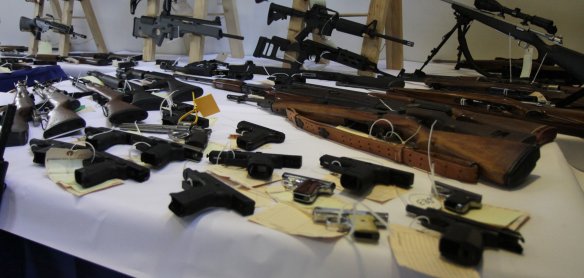
Example of the firearms seized by the Attorney General of California in a sweep for illegal weapons. Photo: Seth Taylor
Such characters do exist, but the reality of firearms trafficking (especially outside war zones) is very different. With two exceptions, the 48 participating countries did not have wars on their territories, so the study provides a picture of trafficking associated with criminality (and crime accounts for far more deaths than armed conflict). Some of the findings from the study show that firearms trafficking is much more prosaic than often imagined.Read More
